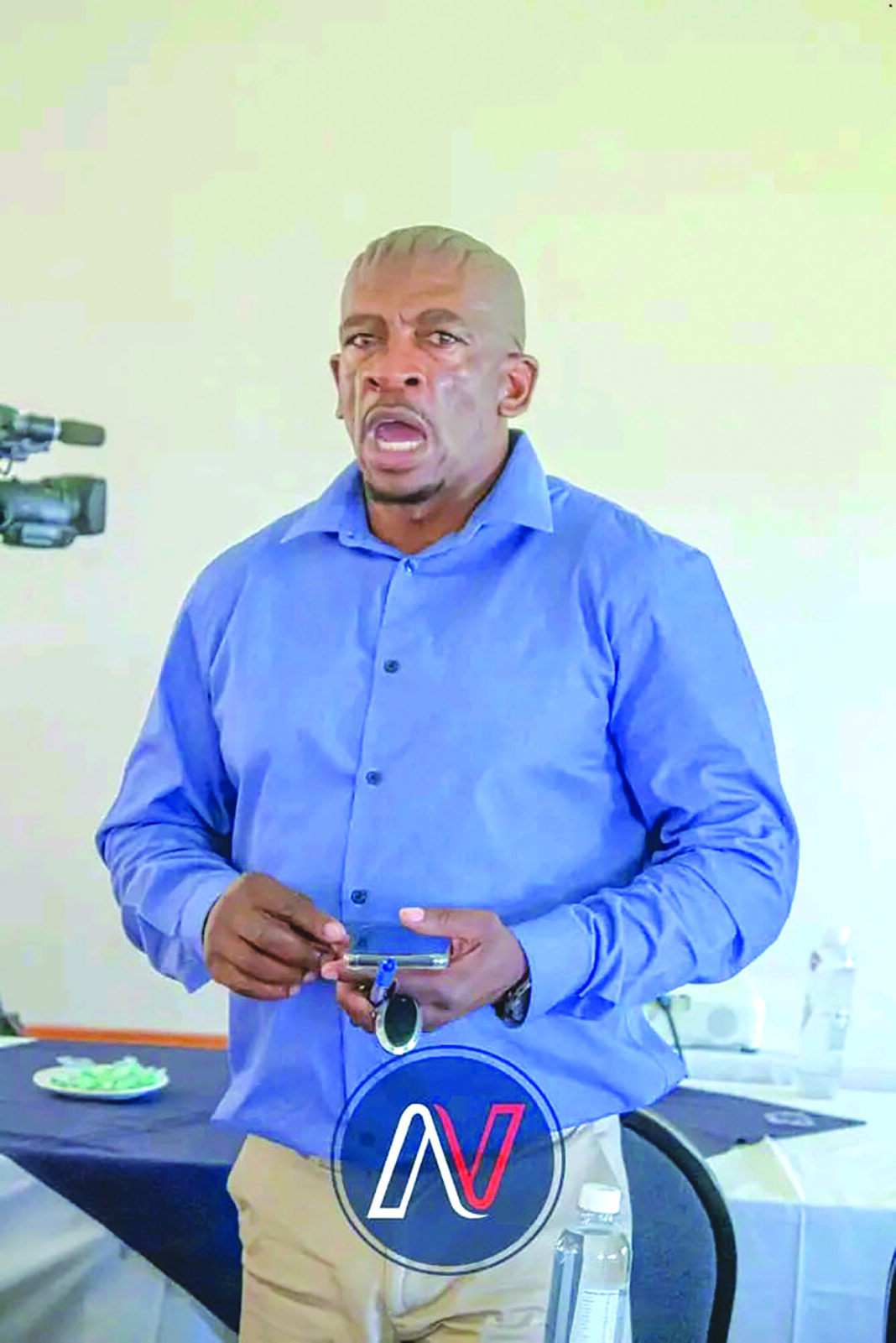Ntsoaki Motaung
The Ministry of Health is confronting a significant challenge – the clash between traditional medicine and Western treatments in cancer care.
This issue was spotlighted during a recent media training session organised by the ministry in collaboration with PSI Lesotho.
Baroane Phenethi, communication expert and head of health education at the ministry, shed light on the challenge, emphasising how some individuals turn to traditional concoctions instead of seeking proper medical care.
“One has to go to a health facility so that they could be diagnosed by a doctor after several cancer tests were done, but some people decide to believe in people who sell traditional concoctions when they tell them they can cure cancer,” Phenethi remarked.
He highlighted that various social behaviour factors, including fear of treatment and cultural beliefs, drive individuals towards traditional medicine.
However, he cautioned against the consequences of delaying proper medical treatment, explaining how cancer can progress rapidly if left untreated or if patients opt for unproven remedies.
Phenethi also cautioned about the potential risks associated with traditional concoctions, highlighting their adverse effects on the liver.
“The traditional concoctions most of the time negatively affect the liver, and when they do, they make it easy for the cancer to spread,” he explained
Dr Kabelo Mputsoe, the country’s sole Clinical and Radiation Oncologist, echoed similar sentiments, stressing the importance of proper diagnosis and treatment under medical supervision.
“In Oncology, tissue is an issue,” Mputsoe explained, emphasising the necessity of diagnostic tests in confirming cancer.
“No one can tell by merely looking that someone has cancer even if there is a lump in them. Tests must be run, and once that person knows what the sickness is, they have to undergo treatment,” she added.
Despite the availability of Western medical treatments, Mputsoe noted a concerning trend among Basotho patients.
“In most cases, patients report to health facilities, and after they are diagnosed with cancer and encouraged to undergo treatment, they choose to seek traditional medicine,” she said.
She highlighted various factors contributing to this choice, including reluctance to travel to South Africa for treatment and concerns about leaving their families behind.
Drawing from her professional experience, Mputsoe expressed skepticism about the effectiveness of traditional concoctions in curing cancer.
“In my personal experience, I have not seen anyone cured of cancer by traditional concoctions,” she stated.
She stressed the detrimental impact of delayed medical intervention, noting that patients often return to medical facilities at advanced stages of cancer, making treatment significantly more challenging.
Mputsoe passionately urged Basotho to prioritise cancer screening and adhere to recommended treatment protocols.
“If they test positive, they should undergo all stages of treatment,” she said.
She further highlighted the importance of early detection in improving treatment outcomes.
The World Health Organization (WHO) acknowledges the historical use of traditional healers and remedies in addressing health needs across cultures.
While acknowledging the contributions of traditional medicine, WHO underscores the importance of evidence-based medical interventions in addressing serious health conditions like cancer.
WHO reports that approximately 40 percent of pharmaceutical products today draw from nature and traditional knowledge, highlighting the value of integrating traditional practices with modern medical advancements for improved healthcare outcomes.




